Nutrient-dense foods have been a game-changer in my journey towards better health and vitality. As someone who’s always been passionate about nutrition, I’ve come to appreciate the incredible impact that these powerhouse foods can have on our overall well-being. Let me share with you some insights on how to get the most from your meals by incorporating more nutrient-dense foods into your diet.
 First and foremost, let’s talk about what exactly nutrient-dense foods are. These are foods that are packed with essential nutrients like vitamins, minerals, antioxidants, and fiber, but relatively low in calories. They provide a high concentration of nutrients per calorie, making them the perfect choice for maximizing the nutritional value of your meals.
First and foremost, let’s talk about what exactly nutrient-dense foods are. These are foods that are packed with essential nutrients like vitamins, minerals, antioxidants, and fiber, but relatively low in calories. They provide a high concentration of nutrients per calorie, making them the perfect choice for maximizing the nutritional value of your meals.
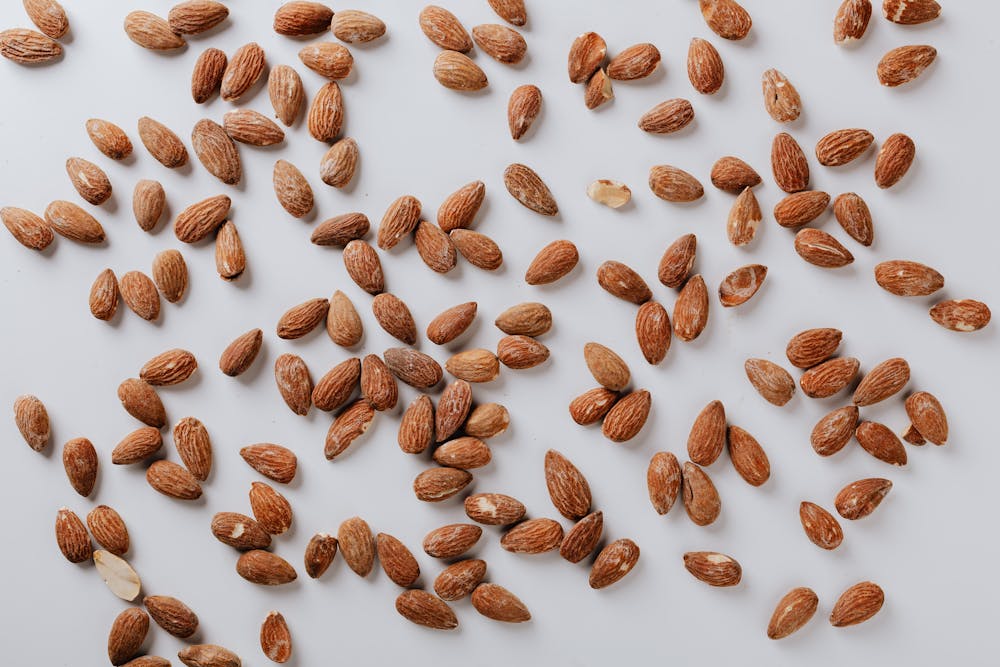 So, what are some examples of nutrient-dense foods? Well, fruits and vegetables are a great place to start. These colorful gems are loaded with vitamins, minerals, and antioxidants that are essential for supporting overall health and well-being. Aim to fill half your plate with a variety of fruits and vegetables at each meal to ensure you’re getting a wide range of nutrients.
So, what are some examples of nutrient-dense foods? Well, fruits and vegetables are a great place to start. These colorful gems are loaded with vitamins, minerals, and antioxidants that are essential for supporting overall health and well-being. Aim to fill half your plate with a variety of fruits and vegetables at each meal to ensure you’re getting a wide range of nutrients.
 Next up, let’s talk about lean proteins. Foods like poultry, fish, tofu, tempeh, beans, and lentils are excellent sources of protein, which is crucial for building and repairing tissues, supporting immune function, and maintaining muscle mass. Plus, protein-rich foods can help keep you feeling full and satisfied, making them a key component of any balanced meal.
Next up, let’s talk about lean proteins. Foods like poultry, fish, tofu, tempeh, beans, and lentils are excellent sources of protein, which is crucial for building and repairing tissues, supporting immune function, and maintaining muscle mass. Plus, protein-rich foods can help keep you feeling full and satisfied, making them a key component of any balanced meal.
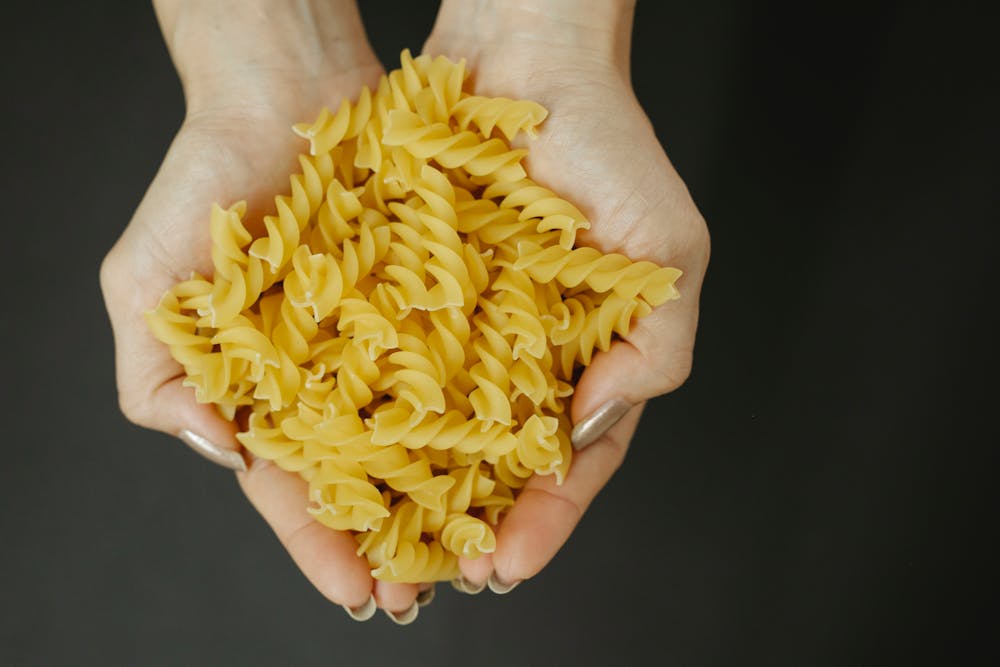 Healthy fats are another important component of a nutrient-dense diet. Foods like avocados, nuts, seeds, and olive oil are rich in monounsaturated and polyunsaturated fats, which are essential for heart health, brain function, and hormone production. Just be mindful of portion sizes, as fats are calorie-dense and can add up quickly.
Healthy fats are another important component of a nutrient-dense diet. Foods like avocados, nuts, seeds, and olive oil are rich in monounsaturated and polyunsaturated fats, which are essential for heart health, brain function, and hormone production. Just be mindful of portion sizes, as fats are calorie-dense and can add up quickly.
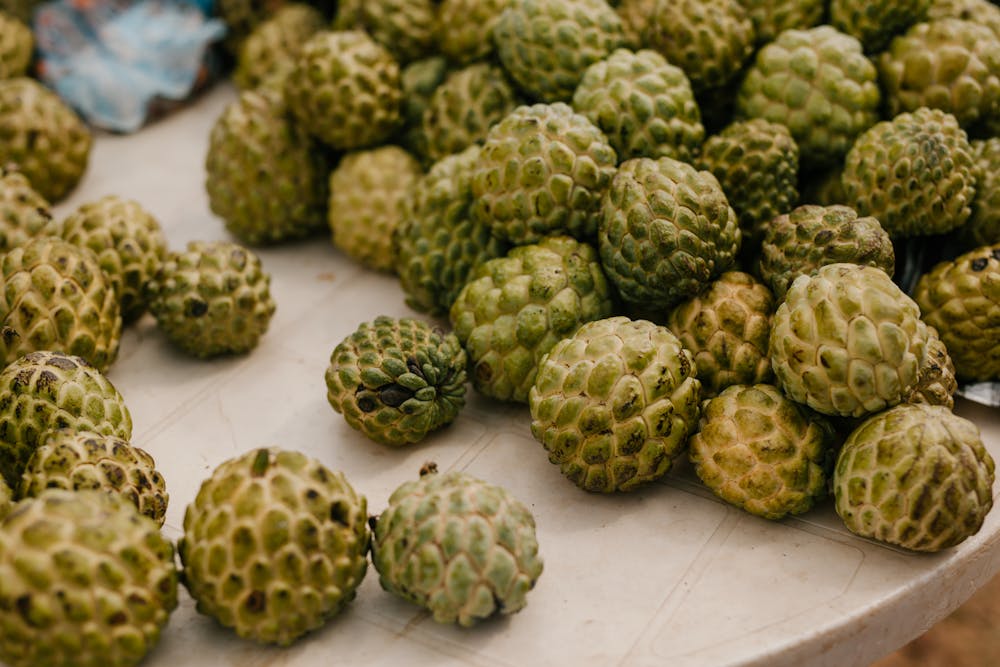 Whole grains are also a great source of nutrients, providing fiber, vitamins, minerals, and antioxidants that are essential for digestive health and overall well-being. Opt for whole grains like quinoa, brown rice, oats, barley, and whole wheat bread and pasta to maximize the nutritional value of your meals.
Whole grains are also a great source of nutrients, providing fiber, vitamins, minerals, and antioxidants that are essential for digestive health and overall well-being. Opt for whole grains like quinoa, brown rice, oats, barley, and whole wheat bread and pasta to maximize the nutritional value of your meals.
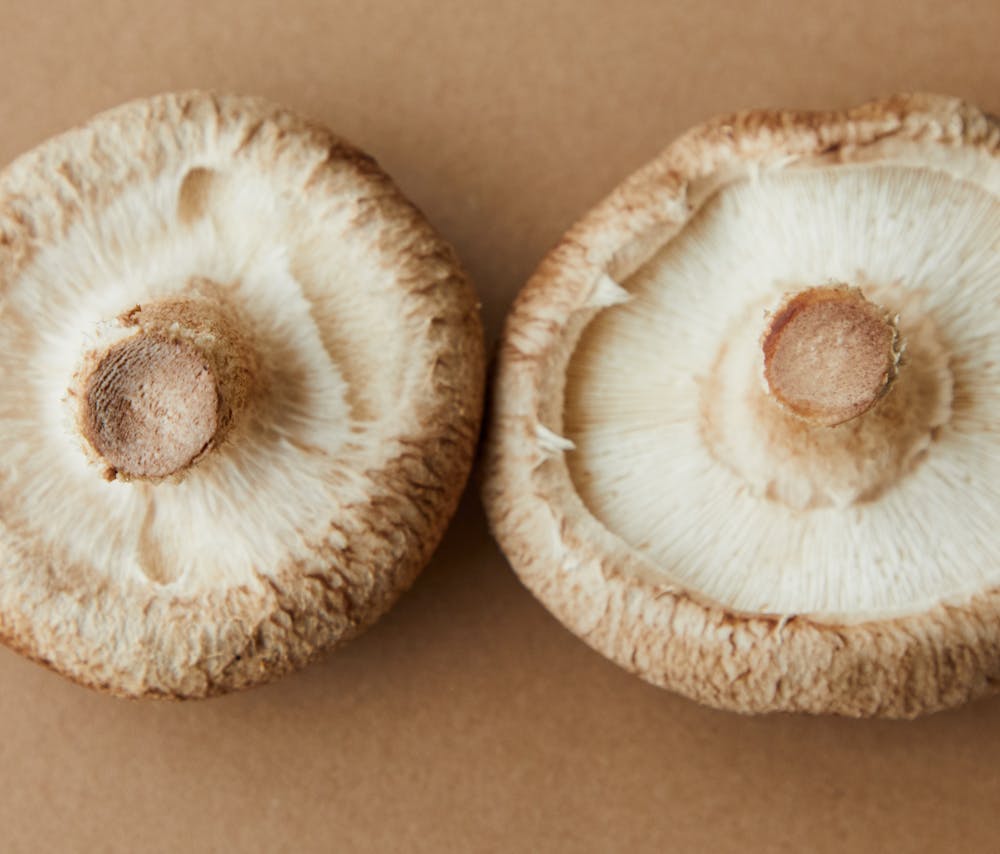 In addition to incorporating more nutrient-dense foods into your diet, it’s also important to pay attention to how you prepare and cook your meals. Steaming, roasting, grilling, and sautéing are all great methods that help preserve the nutrients in foods without adding extra calories from oils or sauces. And don’t forget to season your meals with herbs, spices, and citrus to add flavor without extra calories or sodium.
In addition to incorporating more nutrient-dense foods into your diet, it’s also important to pay attention to how you prepare and cook your meals. Steaming, roasting, grilling, and sautéing are all great methods that help preserve the nutrients in foods without adding extra calories from oils or sauces. And don’t forget to season your meals with herbs, spices, and citrus to add flavor without extra calories or sodium.
 Finally, don’t forget to stay hydrated! Water is essential for digestion, nutrient absorption, and overall health and well-being. Aim to drink plenty of water throughout the day, and consider adding hydrating foods like cucumbers, watermelon, and citrus fruits to your meals for an extra boost of hydration.
Finally, don’t forget to stay hydrated! Water is essential for digestion, nutrient absorption, and overall health and well-being. Aim to drink plenty of water throughout the day, and consider adding hydrating foods like cucumbers, watermelon, and citrus fruits to your meals for an extra boost of hydration.
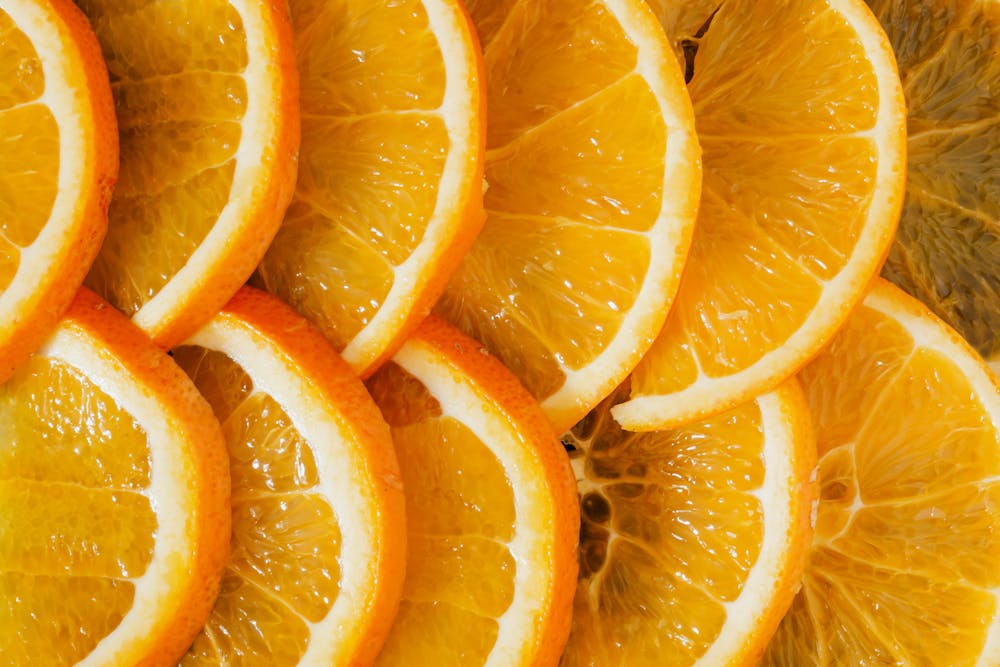 So, whether you’re looking to improve your energy levels, support your immune system, or simply feel your best, incorporating more nutrient-dense foods into your diet is a great place to start. By focusing on whole, minimally processed foods that are rich in vitamins, minerals, antioxidants, and fiber, you can maximize the nutritional value of your meals and take your health to the next level. Here’s to nourishing your body with nutrient-dense foods and enjoying the many benefits they have to offer!
So, whether you’re looking to improve your energy levels, support your immune system, or simply feel your best, incorporating more nutrient-dense foods into your diet is a great place to start. By focusing on whole, minimally processed foods that are rich in vitamins, minerals, antioxidants, and fiber, you can maximize the nutritional value of your meals and take your health to the next level. Here’s to nourishing your body with nutrient-dense foods and enjoying the many benefits they have to offer!

